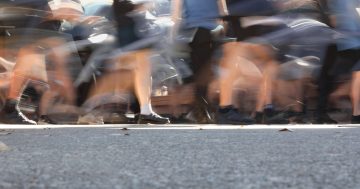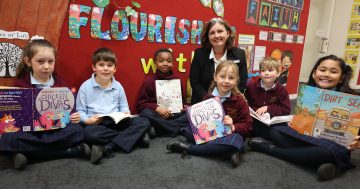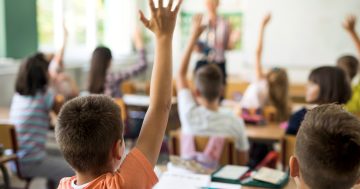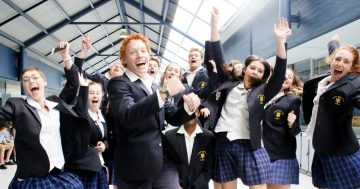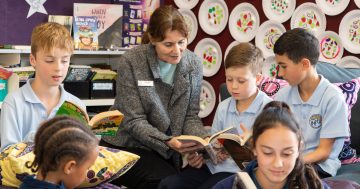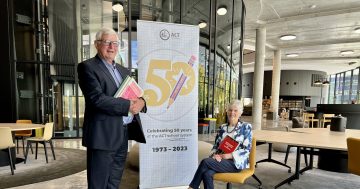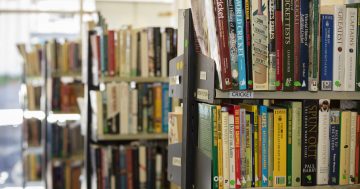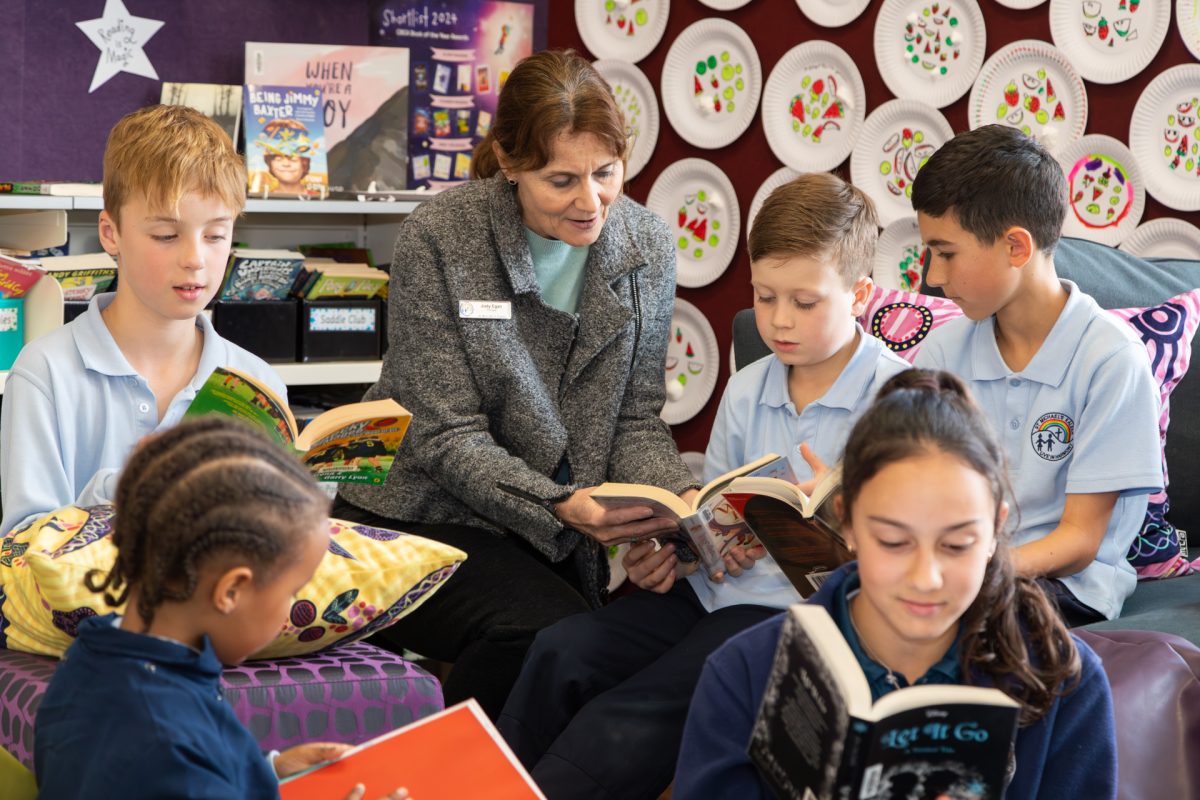
Students may have learned better from home during the COVID pandemic than we first thought. Photo: Michelle Kroll.
Standardised test scores across Australia were not significantly impacted by the havoc caused by the COVID-19 pandemic, according to a recent study by researchers from the University of NSW and the University of Sydney.
Previous surveys have indicated most students felt hampered by lockdowns and having to learn remotely from home.
However, this did not significantly impact their National Assessment Plan – Literacy and Numeracy (NAPLAN) results.
“Using NAPLAN test scores, we found that students in schools which operated remotely for an extended period performed similarly to students in schools which were closed for a relatively short period,” says Dr Nalini Prasad from UNSW Business School, who collaborated on the research with Dr Christian Gillitzer from the University of Sydney.
The study showed ACT students who took the 2022 NAPLAN tests had lost up to 77 days of face-to-face school classes during the previous two years, which was more than double the number of days lost by pupils in South Australia and Western Australia.
However, the variation in NAPLAN scores between students in different states and territories was essentially the same as it was before the pandemic.
“The evidence from the data shows that students were not adversely affected by school closures in the short term,” Dr Prasad said.
“It’s important to understand that our research focused specifically on academic performance as measured by NAPLAN scores.
“While these findings are encouraging from an academic standpoint, they don’t address other crucial aspects of student development and wellbeing that may have been affected during school closures.”
The study looked at test scores of over a million students across different grade levels and regions.
During the pandemic, experts expressed fears that children in lower socio-economic households would suffer the most as they were less likely to have the technology and parental support to keep up with their studies when learning from home.
The Prasad-Gillitzer study suggests these fears may have been unfounded.
“There was little variation in NAPLAN performance for students from most socio-economic backgrounds,” Dr Prasad said.
“However, the data suggested some differences for Indigenous students and those from non-English speaking backgrounds, though this evidence was less conclusive,” she says.
The researchers say their findings open up conversations about education funding priorities.
“Post COVID, NSW implemented a program that aimed to help students catch up academically on lost schooling. The program was found to have had little effect on student performance,” Dr Prasad said.
“Directing resources toward longstanding inequities, rather than assumed learning losses, may yield better educational outcomes for all students,” she said.
The study suggests that Australia’s strict COVID-19 policies, including extended lockdowns, may have played a role in mitigating the negative impact on education resulting in few school-aged children contracting the virus and not having to take time off school.
“Australia adopted a zero-COVID policy which used lockdowns – and other non-pharmaceutical interventions – pre-emptively to eliminate the transmission of COVID-19,” Dr Prasad said.
In contrast, many other countries closed schools only as a last-resort measure to alleviate the burden on the health system when COVID-19 cases surged.
“Per capita, COVID case numbers and deaths were considerably lower in Australia. Low COVID case numbers meant that students did not have to miss school due to contracting the virus,” she said.












